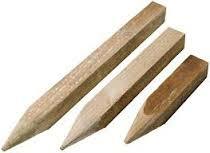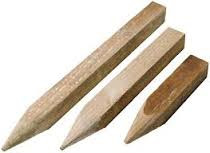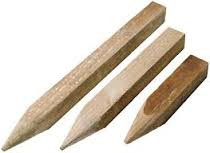Category: HARDWOOD PEGS
Browse by Categories
Browse by Brand
Enquiry Form
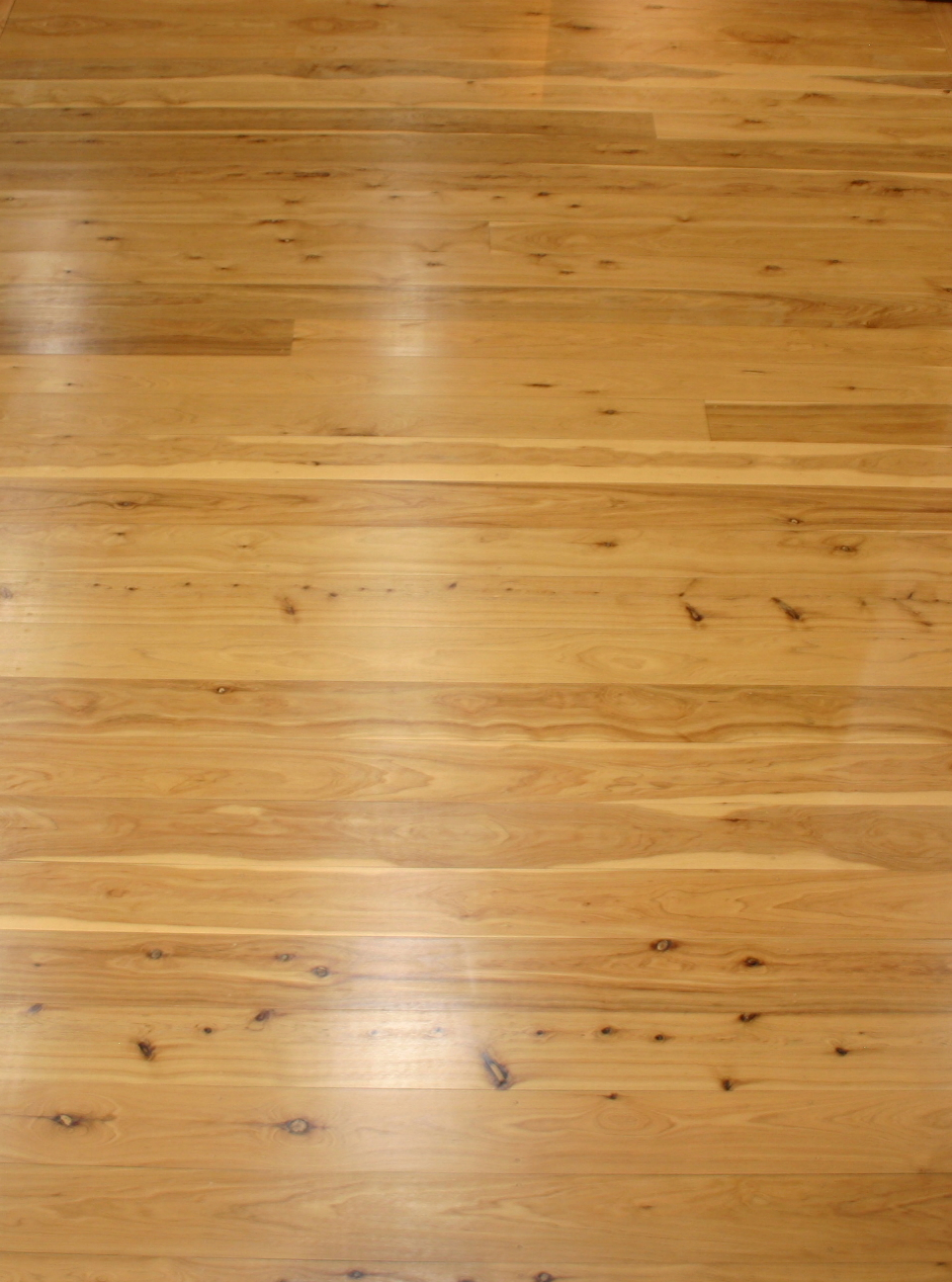
Cypress Flooring
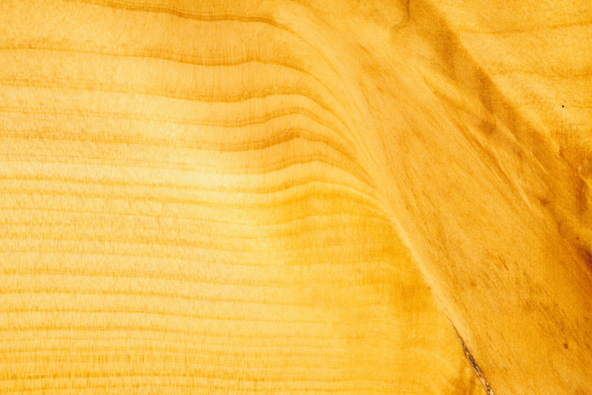
RADIATA FURNITURE GRADE
Radiata pine is native to the central coast of California but is widely planted in Australia and New Zealand and is popular in all types of construction and decorative uses. These include framing, lining, glue laminated beams, veneer and plywood. It can be used for many exposed structural and non-structural applications if it is treated with the right preservatives.
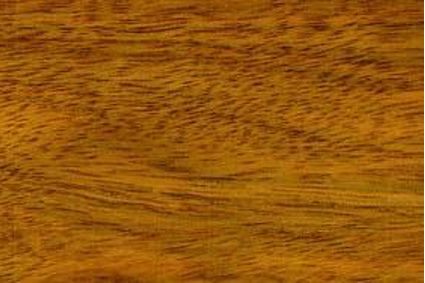
NEW GUINEA WALNUT
New Guinea walnut is a decorative hardwood timber used in turnery, cabinetmaking, panelling and carving. New Guinea walnut is a large hardwood that co-occurs with the taun timber species in the lowland forests of Papua New Guinea. It is also found in Indonesia, Malaysia and the Philippines. New Guinea walnut is mainly used for furniture, panelling, turning and carving.
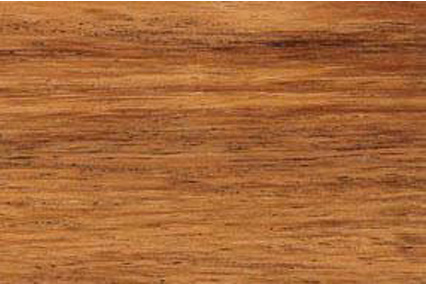
MERBAU
Merbau is a popular hardwood derived largely from areas in South East Asia, Papua New Guinea, the Pacific islands, and northern Queensland. With its high degree of natural durability and strength it is used externally in engineering, construction and marine applications. Merbau also features in backyards as outdoor furniture, and internally in a range of joinery, flooring and other uses.
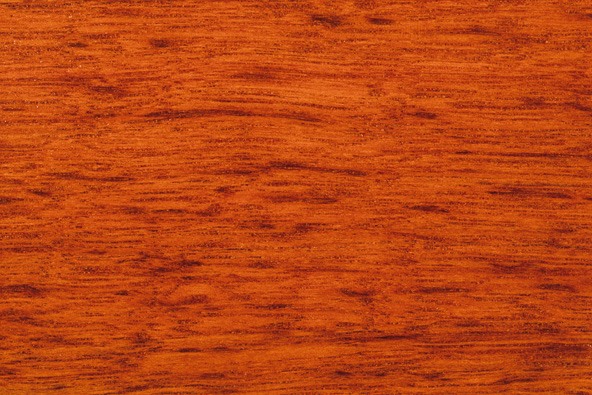
JARRAH
Jarrah is a unique Australian hardwood renowned for its versatility. Its durability and strength make it an ideal timber for a range of structural and design applications, with timbers that display colours ranging from deep red to blonde.
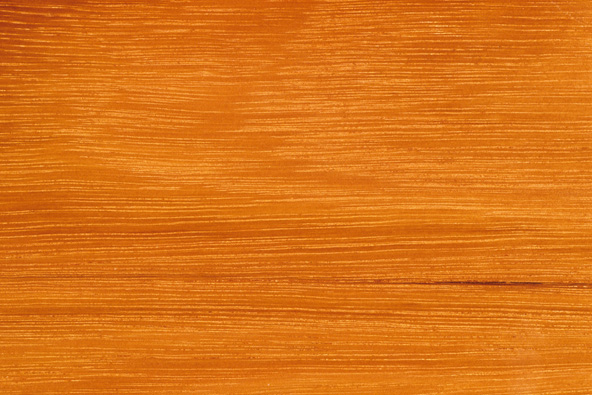
IRONBARK: GREY AND RED
Grey ironbark is a premium native Australian hardwood with a wide range of applications from industrial construction to house framing, flooring and sporting goods. It is a particularly hard, strong and durable timber, with a broad range of applications, due to its resistance to lyctid borers and termites.
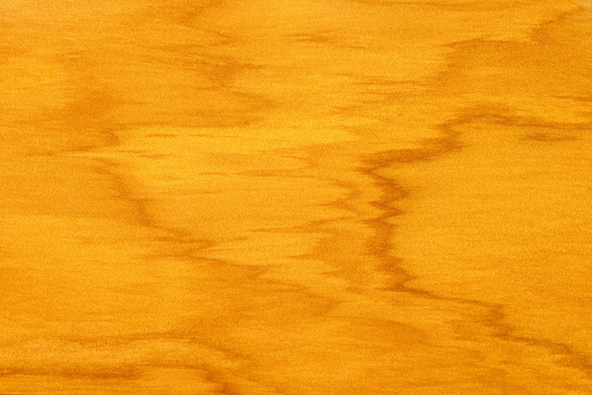
CYPRESS
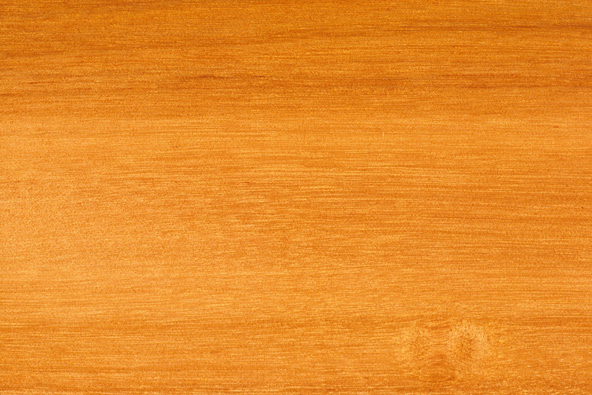
BRUSH BOX
Brush box is a medium to large sized Australian hardwood that grows along the edges of the rainforest areas of New South Wales and Queensland. It is used for a variety of applications including flooring, cladding and bridge decking.
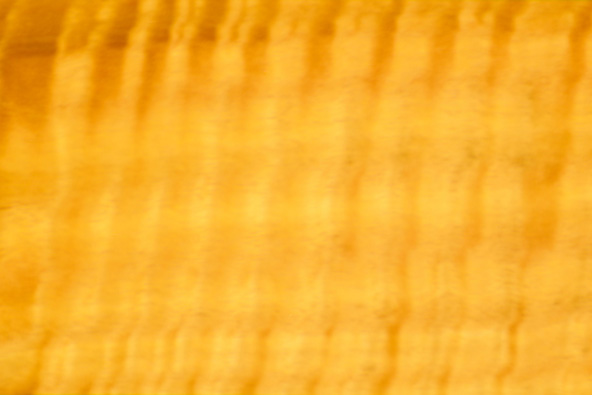
BLUEGUM
Native to the coastal sclerophyll forests of eastern Tasmania, southern blue gum is the world's most widely planted eucalypt species. It is the preferred tree species in plantations throughout Australia. Originally forested for wood chips, pulp and paper fibre, some of the larger plantation trees have been used to produce both timber furniture and flooring material.
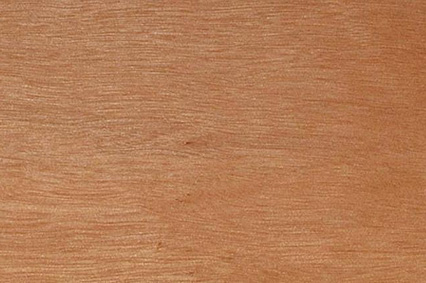
BLACKBUTT
The common name blackbutt came about due to the tree's appearance after bushfire, whereby the buttress - or butt - was significantly darkened. It is also known as coastal blackbutt to distinguish it from the tableland species, New England blackbutt.
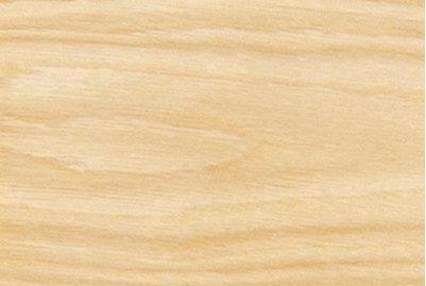
AMERICAN WHITE OAK
American white oak is the trade name for a variety of hardwood species from the Quercus genus. The timber is imported from eastern USA and used for a variety of applications, including furniture, flooring and joinery. American white oak is used for a wide range of applications, including shipping and boat building, flooring, architectural joinery, exterior joinery, railways sleepers and timber bridges due to its strength and resistance to decay. It is also an excellent timber for high-grade furniture, interior woodwork and panelling. Because of its impermeability, the timber is suitable for vats and casks holding liquids such as wine and spirits. Blackwood is a medium-sized Australian hardwood that grows in South Australia and the eastern states. In the wetter areas of Tasmania it is grown in large volumes for commercial use.
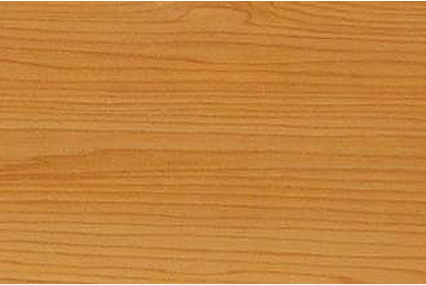
WESTERN RED CEDAR
Western red cedar is a large softwood that grows in British Columbia and some of the nearby western states of the USA including Washington, Oregon, Montana and Idaho.
Visually, western red cedar is favoured for its rich and inviting colours. The heartwood ranges from a pale brown through to a richer dark brown. It cuts, machines and glues well and can also be painted, stained and polished.
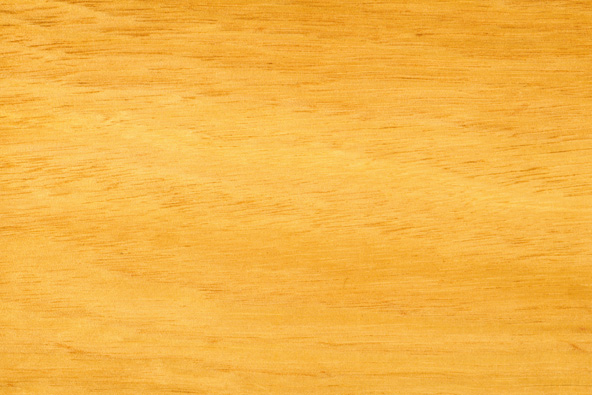
VICTORIAN ASH
Victorian ash is the trade name for two of the tallest hardwood species in the world. This Australian hardwood takes its name from the fact that it grows in the alpine areas of Victoria, Tasmania and New South Wales. It can refer to either mountain ash or alpine ash and is marketed under the trade names Tasmanian oak or Victorian ash, although it is important to note that the proportions of each species can vary considerably.
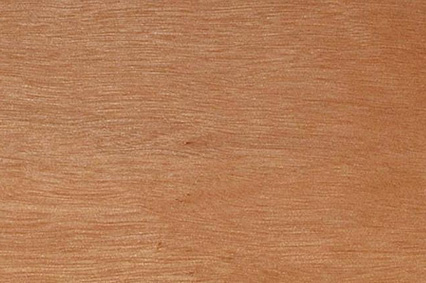
TURPENTINE
Turpentine is a large tree species occurring along the eastern coast of Australia from Bateman's Bay in New South Wales to Cooktown in North Queensland. Turpentine is an extremely hard and durable Australian native hardwood timber. It is suitable for a wide range of construction and engineering applications.
The true wood of this species ranges in colour from deep red to red-brown. Sapwood is distinctively paler, often creamy. The texture of Turpentine timber is fine to medium but often wavy, with interlocked grain. It is relatively free of gum veins.
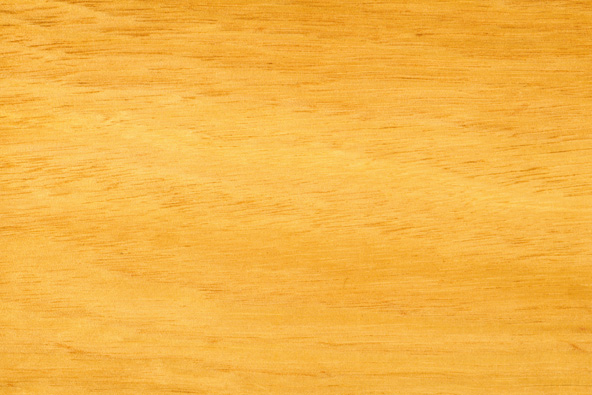
TASMANIAN OAK
Tasmanian oak is a premium Australian hardwood timber encompassing three species that grow in the mountainous areas of Tasmania, Victoria and south-east NSW. It is a versatile timber perfect for construction, furniture and interior applications, including flooring, panelling, architraves and skirting boards.
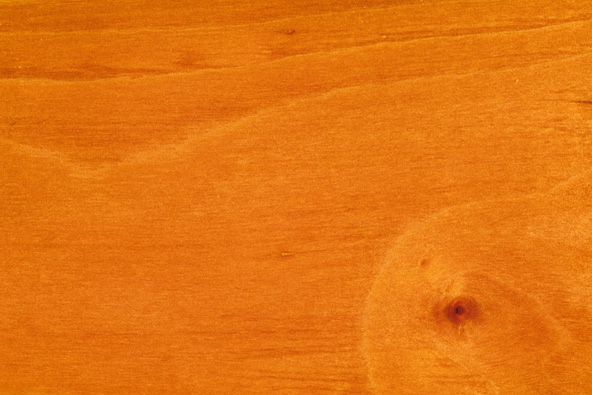
TASMANIAN MYRTLE
The heartwood can be pink or a more popular warm reddish brown and may also feature traces of orange, while the sapwood is pale and narrow. Even-textured, myrtle beech has a fine grain that can be straight, interlocked or feature a fiddleback pattern. Growth rings may also be visible. The burls and knotty wood of myrtle beech are favoured by craftspeople.
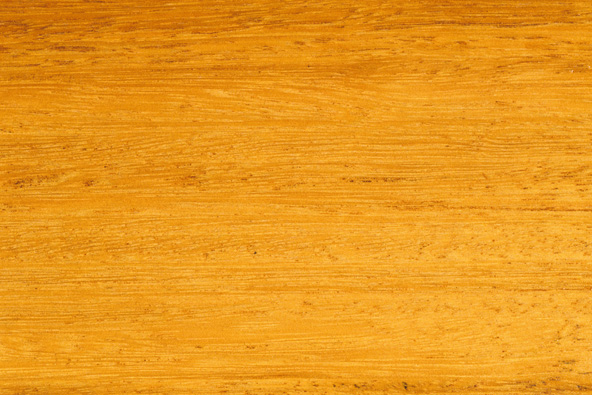
TALLOWWOOD
Tallowwood is an extremely hard, durable and versatile Australian native hardwood species. Its timber products are suitable for a wide range of applications. Tallowwood is a moderate to large tree occurring in wet sclerophyll forests of coastal regions from the Hunter River district of New South Wales to Maryborough and Fraser Island, Queensland.
The heartwood of this species ranges in colour from pale to dark yellow-brown, with occasional tinges of olive green. Sapwood is a whitish colour. The texture of tallowwood timber is moderately coarse, generally with interlocked grain. Unusually for a eucalypt species, tallowwood is free of gum veins. Figure is lacking but the timber possesses a distinctive lustre and ‘greasy’ appearance.

SURIAN CEDAR
A medium-sized hardwood that grows in parts of South-East Asia, including the Philippines, Malaysia, Indonesia and Papua New Guinea. It is mainly used for decorative applications such as timber veneers, paneling, joinery and furniture. Other include boat building, piano cases and carving. Its heartwood is reddish brown, while the narrow sapwood is generally a pale red in colour and quite distinctive. It has a moderately coarse texture with a grain that can be straight or interlocked.
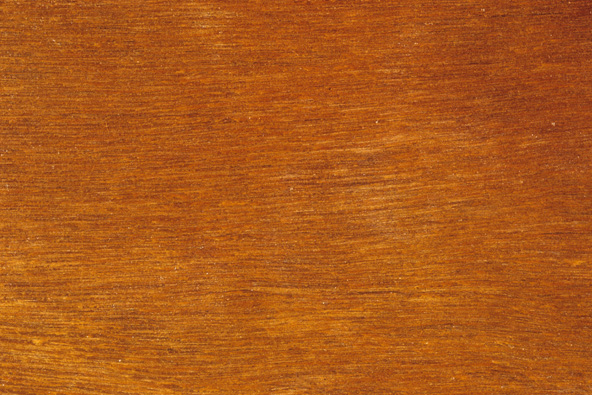
SPOTTED GUM
Spotted gum is a premium Australian hardwood that is used widely in structural, exterior and internal applications. Spotted gum is one of Australia’s premium native hardwoods with a striking appearance and a high degree of natural durability and strength, making it an ideal timber for a variety of structural, exterior and interior applications. Architects and designers throughout the world value spotted gum timbers for their back-sawn grain structure, attractive markings and vibrant colour palette.
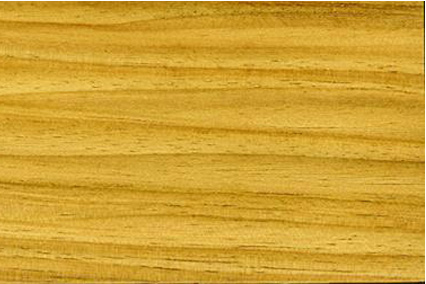
NEW GUINEA ROSEWOOD
Rosewood is a hardwood whose attractive colour has made it popular for furniture, panelling, veneers, and in the making of musical instruments. Rosewood is a hardwood native to South-East Asia, Papua New Guinea, the Solomon Islands, Sabah, Philippines, Indonesia and MalaysiaThe heartwood of rosewood can be either golden brown or a dark blood-red, while the sapwood is pale yellow and up to 60mm wide. The wood is of medium texture and the grain is variable. Naturally termite resistant.
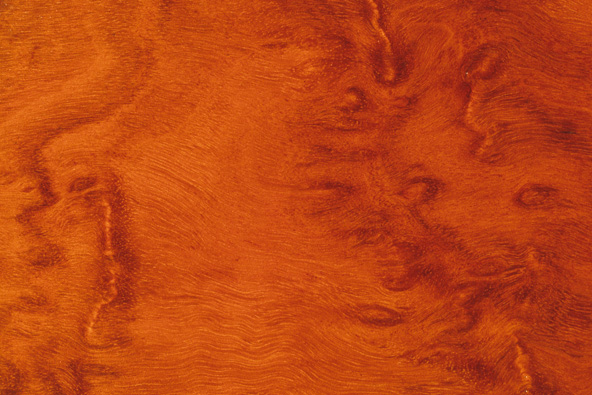
RED IRONBARK
Red ironbark is a premium native hardwood that has been well regarded as a high quality timber in Australia throughout human history. Red ironbark is a premium native Australian hardwood with a wide range of applications from industrial construction to house framing, flooring and sporting goods. It is a particularly hard, strong and durable timber, with a broad range of applications, due to its resistance to lyctid borers and termites.
